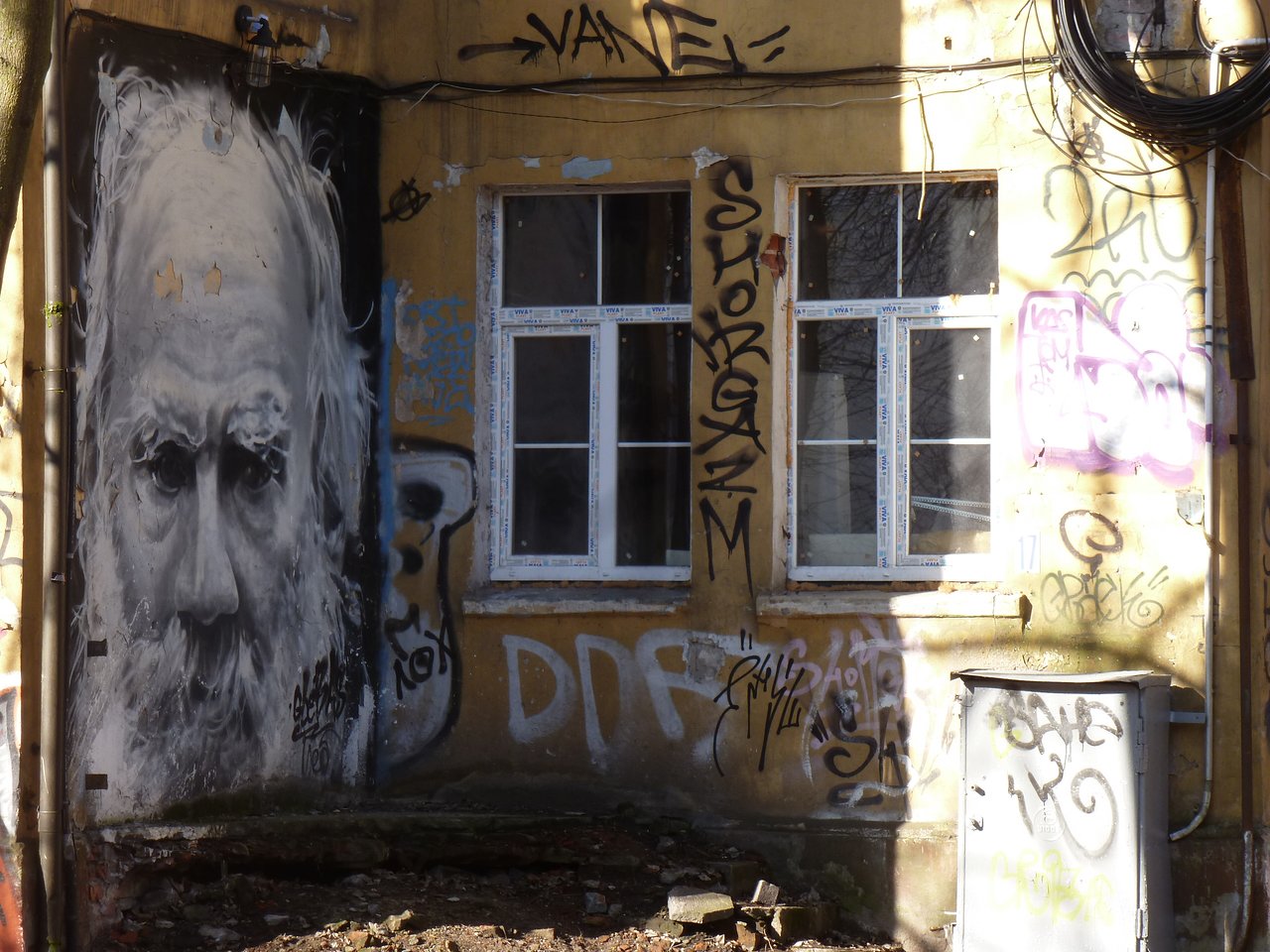Leo Tolstoy Archive
Written: 1862
Source: From RevoltLib.com
Transcription/Markup: Andy Carloff
Online Source: RevoltLib.com; 2021

Here I must defend myself. In giving this description of the Y. P. school, I have no intention of presenting a model of what is requisite and necessary for a school, but simply a description of the actual state of the school. I take it such descriptions have their utility. If I succeed in the following pages in clearly presenting a history of the development of the school, then the reader will clearly comprehend why the character of the school was formed as it was, why I consider such an order of things advantageous, and why it would have been an utter impossibility for me to have changed it, even if I had wished to do so.
The school had a free development from principles established in it by teacher and pupils. Notwithstanding all the weight of the master's authority, the pupil always had the right not to attend the school and not to obey the teacher. The teacher had the prerogative not to admit a pupil, and the power of exerting all the force of his influence on the majority of the pupils, on the society which was always forming among the scholars.
The farther the students advanced, the wider grew the scope of the instruction, and the more imperative became the demand for order. In consequence of this, in the normal and unconstrained development of a school, the more cultivated the pupils are, the more capable of order they will become, the more strongly they themselves will feel the necessity of order, and the more powerfully the teacher's influence on them in this respect will be felt. In the Y. P. school from its very foundation this rule was found true. At first it was impossible to classify either recitations or the subjects or the recreations or their tasks; everything was in confusion, and all attempts at classification were in vain. At the present time there are students in the first class who themselves insist on following a regular order of exercises, and are indignant when you call them from their lessons, and these scholars are all the time driving away the little ones who disturb them.
In my opinion this external disorder is useful and indispensable, strange as it may seem and inconvenient to the teacher. I shall frequently have occasion to speak of the advantages of this condition of things; of the imaginary inconveniences I will say this: In the first place, this disorder or free order is trying to us, simply because we are accustomed to something entirely different, in which we were educated. In the second place, in this, as in many similar circumstances, the employment of force is due to haste and lack of reverence for human nature. It seems to us that disorder is increasing, becoming more and more violent each instant, that there are no limits to it; it seems to us that there is no other way of putting an end to it than by employing main force, but really all it requires is to wait a little, and the disorder, or flow of animal spirits, would naturally diminish of itself, and would grow into a far better and more stable order than that which we imagine.
The scholars though they are little folk are nevertheless human beings, having the same requirements as we ourselves, and their thoughts run in the same groove. They all want to learn, and that is the only reason they go to school, and therefore it is perfectly easy for them to reach the conclusion that it is necessary to submit to certain conditions if they would learn anything.
Besides being human beings, they form a society of human beings united by one impulse. And where two or three are gathered together in My name there will I be also.